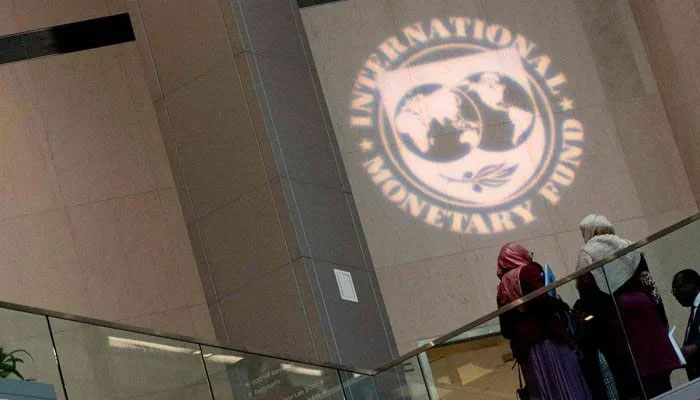ISLAMABAD: The IMF’s assent to Pakistan’s bailout package is now expected in September because of a couple of reasons, including the nonavailability of confirmation of external financing, non-materialization of launching of international bonds and increased subsidy for rationalizing power tariff.
Minister for Finance Mohammad Aurangzeb told journalists during a meeting of the Senate Standing Committee on Finance in early August 2024 that the Fund’s Executive Board would approve the Pakistan loan package within the ongoing month. When a journalist insisted that the approval might delayed till September, the minister had denied it in a firm tone. Now the Minister for Finance has admitted in a response to sent question to The News that they had made good progress towards getting to Board’s approval in September. The sources said that the lingering political instability and lack of full clarity on external financing paved the way for this unwarranted delay in getting approval from the IMF’s executive board on $7 billion Extended Fund Facility (EFF).
The question arises that when the external financing was not yet confirmed then why the IMF struck a staff-level agreement with Pakistan back on July 12, 2024. Some sources cited the example of Sri Lanka as Colombo had faced a default owing to non-materialisation of external financing from its international creditors. “Things are quite crucial at this stage as Islamabad will have to manage external financing as early as possible as that will pave the way for getting approval from the Fund’s executive board,” said the official and added that political stability is required to secure assurances on rollover and getting commercial re-financing of over $16 billion from friendly countries and commercial banks.
The IMF is also assessing that the financing needs might go on the higher side if the government preferred to open up the economy by lifting restrictions on imports as it might result surge into the current account deficit. Under the IMF program, the government cannot restrict imports through tariff and non-tariff barriers for an indefinite period. This scribe sent out a question to the IMF official for comments on Monday but got no response till Tuesday night.
Also, the government’s plan to rationalise power tariffs could not get an endorsement from the IMF so far. However, the government secured endorsement for its decision to reduce the tariff for those using 200 units by utilizing a Rs 50 billion subsidy which was diverted from PSDP to provide relief to power sector consumers. However, the IMF has not yet endorsed the subsidy being provided in Punjab as well as the federal government’s plan to rationalise tariffs by slashing development budgets both at federal and provincial levels. The IMF argued that the government pitched a higher Public Sector Development Program (PSDP) on the pretext that it would jump-start sluggish economic activities. If the PSDP at the federal level and Annual Development Plans (ADPs) were reduced then how the economic growth target of 3.5 percent would be materialised? In such a scenario, the macroeconomic projections might have to be revised for the current fiscal year before starting the new IMF loan programme.



